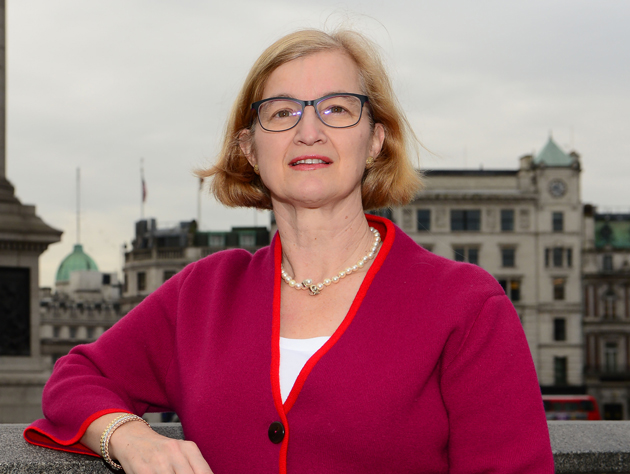
Intolerant and extremist teaching in both private and unregistered faith schools is ‘as bad as it has ever been and is deteriorating rather than improving’, Ofsted Chief Inspector Amanda Spielman has told the Education Select Committee. Reporting on the ’poor education, squalid conditions, and very worrying teaching materials’ found by Ofsted inspectors at unregistered schools in particular, Ms Spielman stated that new legislation was required to allow ‘proper scrutiny’ of such settings and to tackle the ‘growing’ number of children who are going missing from the education system.
Humanists UK campaigns for private schools to be held to the same standards as state schools, and leads the national campaign for action against illegal religious schools. It describes the lack of progress made on tackling such settings as ‘inexcusable’.
Ofsted’s most recent annual report, published in December, showed that almost half of all independent faith schools in England were judged to be less than good at their last inspection and over a quarter were inadequate, a marked increase from the previous year. Comparatively, only a quarter of independent schools of no religious character were considered to be less than good.
Reiterating her ‘substantial concerns’ about ‘faith schools across the denominations’ to the Education Committee on Wednesday, the Chief Inspector revealed that inspectors had discovered ‘very worrying materials. Books by people banned from entering the country. Books advocating men beating their wives as punishment.’ She stated:
‘We have a very important set of British values which include respect for others. If we tolerate deeply intolerant practices and culture within schools then we are not actually living British values. We are allowing others to grow up without them.’
It is important to make sure that the Government ‘does not inadvertently create spaces where intolerance can breed’, she added.
Ms Spielman also repeated her appeal for Ofsted to be given greater powers to inspect unregistered religious schools that, despite sometimes accounting for the entirety of a child’s education, are not currently legally defined as schools. Arguing that some form of regulation of out-of-school settings was necessary to ensure that all children are being properly safeguarded, she said that ‘it is becoming increasingly difficult to sustain a system where we simply don’t know what institutions exist… We have strong systems for the children we know about in the institutions we know about, but a complete absence [of any system] for those we don’t.’
Humanists UK Education Campaigns Manager Jay Harman commented, ‘We welcome the Chief Inspector’s comments highlighting the serious problems that exist in faith schools of all kinds in England. The lack of progress made in tackling illegal faith schools is inexcusable, and the Government’s inaction on this is turning loopholes in the law into sinkholes in the education system, swallowing up an increasing number of children. Her efforts to gain additional regulatory powers to take action against unregistered schools should be taken up by the Department for Education as soon as possible, and ought to have the backing of the Education Committee too. We have been making similar calls for some years now and it is time for the Government to listen.’
Notes
For further comment or information please contact Humanists UK Education Campaigns Manager Jay Harman on jay@humanists.uk or 0207 324 3078.
Watch the session of the Education Committee: http://www.parliamentlive.tv/Event/Index/395539d9-06f6-4801-984a-30f3c31f01ad
Read our previous article on Ofsted’s criticism of private and illegal faith schools: https://humanists.uk/2017/12/13/ofsted-sounds-alarm-over-increase-in-extreme-private-and-illegal-religious-schools/
Read Humanists UK’s briefing on unregistered religious schools: https://humanists.uk/wp-content/uploads/2017-09-15-JH-UNREGISTERED-RELIGIOUS-SCHOOLS.pdf
At Humanists UK, we advance free thinking and promote humanism to create a tolerant society where rational thinking and kindness prevail. Our work brings non-religious people together to develop their own views, helping people be happier and more fulfilled in the one life we have. Through our ceremonies, education services, and community and campaigning work, we strive to create a fair and equal society for all.
